Navigating the world – literally – can be hard enough on its own, especially in new or unfamiliar environments and spaces. For those with blindness and visual impairments, such undertakings can feel doubly challenging – even if they are Olympic athletes. Last week, Becca Meyers, a deaf-blind Paralympic swimmer was forced to withdraw from Team USA just five weeks before the 2020 Summer Paralympics in Tokyo because she was told she had to navigate the city and the Olympic Village alone.
It’s these kinds of situations and stories that emphasize the urgent need for more inclusion and accessibility for those with disabilities. Israeli startup RightHear, the developer of a navigation app for the blind and visually impaired, has been working for six years to make that inclusion a reality.
SEE ALSO: Israeli Startup Helps Visually Impaired Navigate Indoor Spaces With App-Sensor System
And this week, the company is announcing a new partnership with Australian Paralympic swimmer Matthew Levy as its first brand ambassador.
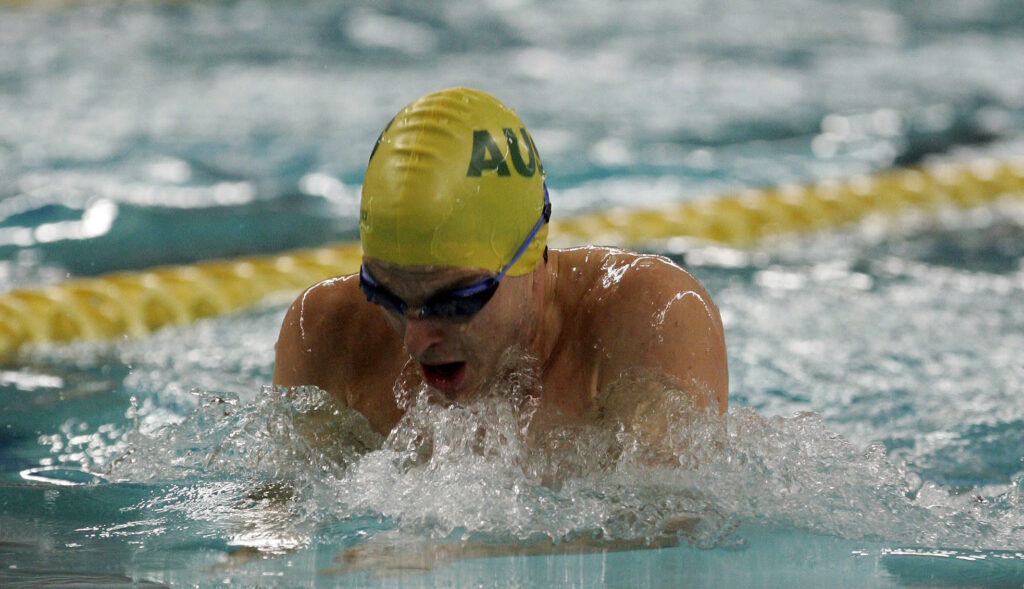
Levy is a Paralympic medalist with six Olympic medals to his name, including two gold medals in the 4×100 m freestyle relay (one each at the 2008 Beijing Paralympics and the 2012 London Paralympics). Born 15 weeks premature, Levy has cerebral palsy and vision impairment. He’s currently gearing up for Tokyo, his fifth Paralympic Games.
Levy is also a prolific activist and speaker on inclusion and serves as an ambassador for a host of organizations including Life’s Little Treasures, the Telstra Paralympic Education Program, and the Vision Australia Speaking Program. Last year, he released a memoir called “Keeping Your Head Above Water: Inspirational Insights From a Champion,” recalling early conversations with doctors who said he would never walk properly, undergoing over three dozen surgeries to his heart, lungs, brain, and ears, and detailing a “never give up” mindset that put him on a path to championship.
He began swimming at around five years of age to improve his health and entered his first competition at 12. At 34, not only is Levy a Paralympian, he is also a business manager and a recipient of the Medal of the Order of Australia for meritorious service or achievement, giving him the OAM initials after his name.
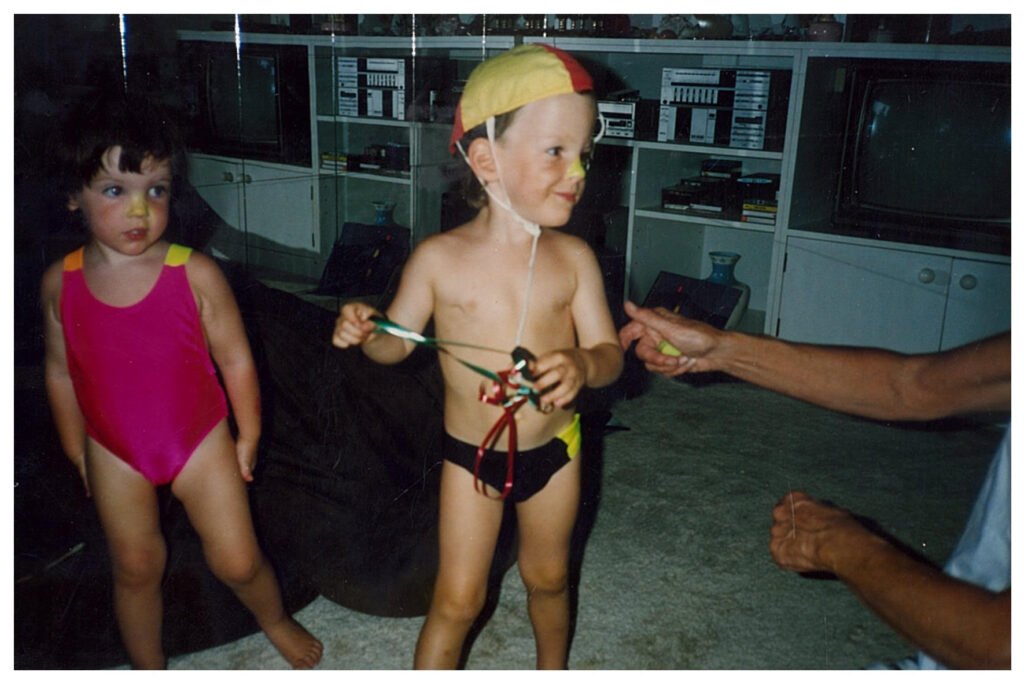
Now, as a brand ambassador for RightHear, Levy will help raise awareness for the company’s audible wayfinding technology and for visually impaired individuals to become aware and benefit from these services. Levy will also continue advocating for the visually impaired community.
“I am passionate about inclusion and being born with a disability, I know how difficult it is to navigate this world. So RightHear’s values and what they are doing was a perfect fit,” Levy tells NoCamels via email from Sydney.
Based in Ra’anana, RightHear was founded in 2015 by entrepreneurs Idan Meir and Gil Elgrably and developed an advanced accessibility solution specifically for indoor places such as malls, hospitals, grocery stores, restaurants, museums, and universities, to allow for greater independence. The app issues voice prompts and instructions such as “the door is in front of you, it is an automatic sliding door,” to guide people with visual impairments around a venue that is pre-installed with RightHear sensors. It also describes the surroundings to orient the user, and can even call for assistance if necessary.
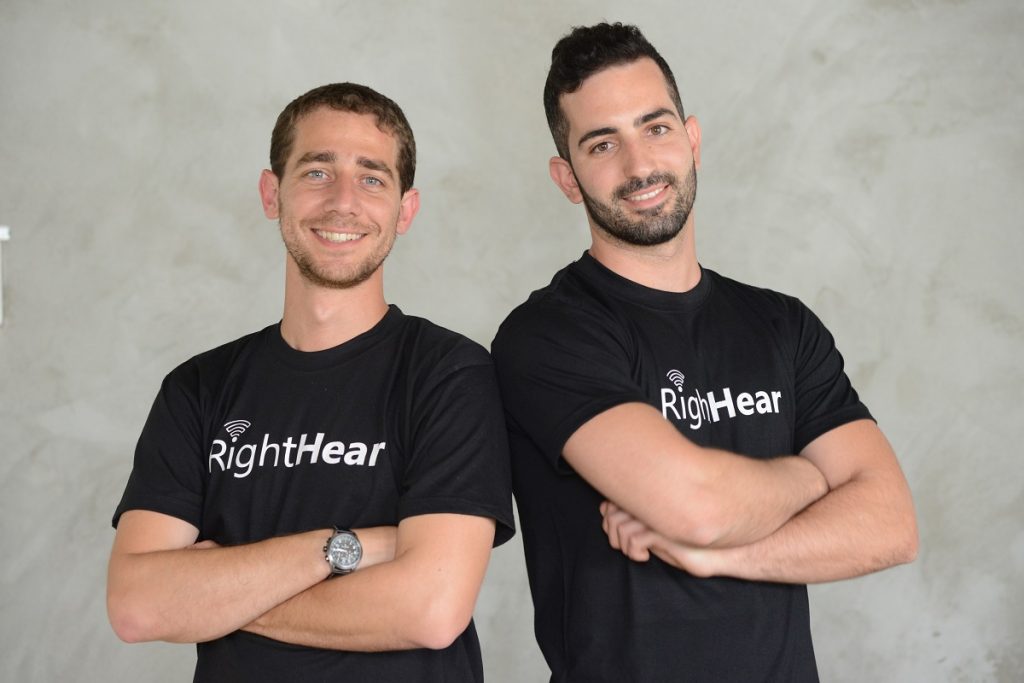
“People like Matt [Levy] and Becca [Meyers] and so many athletes like them can go on to win medals, and win the races, and climb the mountains, and do all those amazing things, but finding the restroom or the pool, or the right room [in a space] can just be so difficult. And as a society, we just don’t seem to get it,” Meir tells NoCamels in an interview this week.
The technology exists, it’s there, but we need to raise more awareness, Meir emphasizes.
Sign up for our free weekly newsletter
SubscribeThe app, says Levy, is of “great use for those who are blind, vision impaired and orientation challenged. It makes everyday tasks so much easier. I believe the potential for this technology is to create space that is not only accessible for all but inclusive too.”
Meir tells NoCamels that getting to know Levy through a mutual friend – entrepreneur Gidon Rosing – has been an incredible experience and the company is proud to have him as a brand ambassador. He fells the company’s message also resonated deeply with Levy.
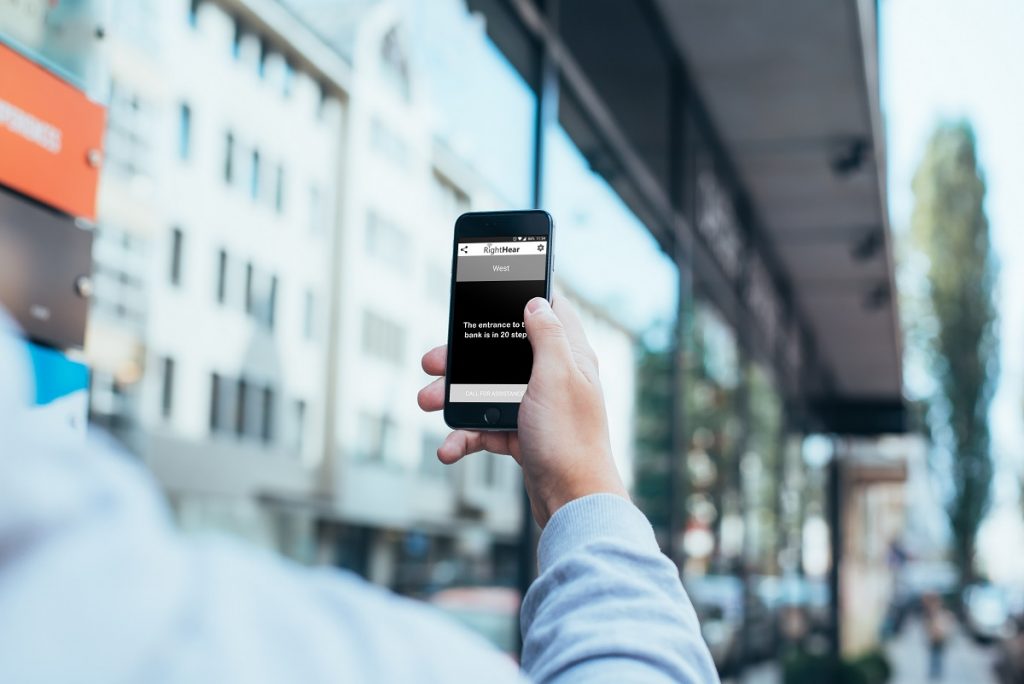
“Our app is totally free for our users, and it always will be. They shouldn’t need to pay to access the world,” says Meir.
“So much money goes into events like the Olympics and the Paralympics, how do they not make sure it’s fully accessible to people with disabilities,” he wonders.
Levy says it is an issue that is “hard to understand until you have lived it. The more people we get to understand that some daily tasks aren’t the same for all, the more accessible we will become. What RightHear is doing will go a long way to leading this change,” Levy tells NoCamels.
RightHear’s navigation technology
RightHear’s system is comprised of three components: a phone app, Bluetooth-powered beacons (sensors) that are pre-installed at the location, and the management platform. The platform is available for subscribers (the venue) so they can edit the information for each location (for example, if an office changed floors or if there’s an area under renovation). Buildings and locations are pre-mapped and installed with RightHear sensors and the information is uploaded to the app which narrates the surroundings and navigates the user. The app tracks the movements of the user and issues real-time voice prompts and instructions warning of stairs ahead, for example, or if the sliding door in front of them is automatic.
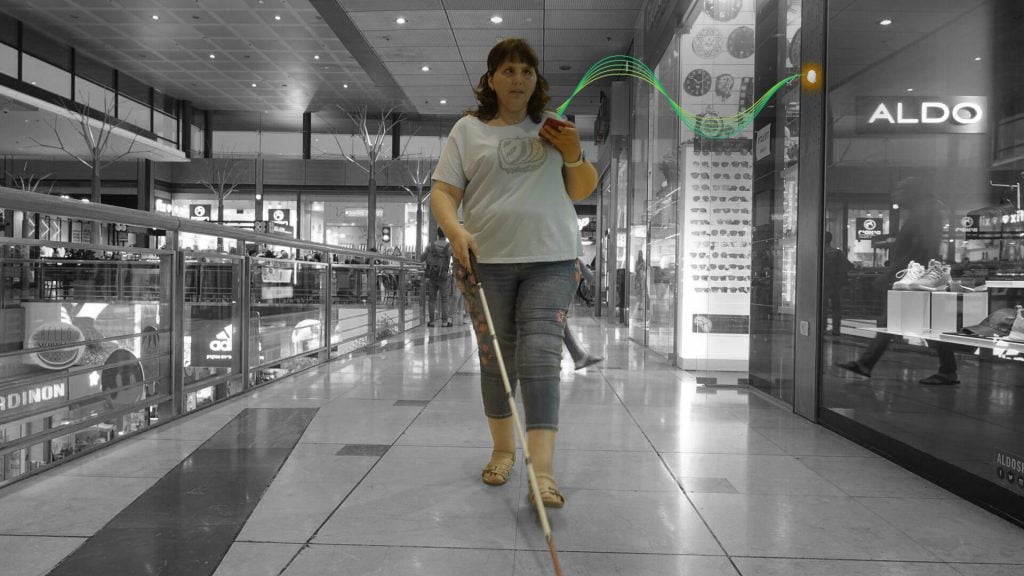
Currently, RightHear operates in close to 2,000 locations and over 5,000 venues worldwide. In Israel, these include McDonald’s restaurants, Azrieli malls, Tel Aviv University, Shufersal chains, Assuta Hospital, and Google Israel, among many others. More recently, RightHear implemented public transportation integration across the country with transport companies and agencies.
The app is also available in select locations in Europe and Canada, and the company has about 30 ongoing projects in the US, Meir tells NoCamels. In recent weeks, RightHear started a pilot with the global chain Costa Coffee in Dubai and is looking to set up in Australia.
The app, available in 26 languages, is free for users but venues pay for the system and the platform. Meir says that some businesses do it “out of obligation but also understand the ethical value of being accessible.”
There is also a bit more awareness nowadays, he tells NoCamels. “When you look at web accessibility, for example, it wasn’t like that five or six years ago. Now websites and companies want to be accessible and we know that awareness has an effect,” he explains.
Meir is now gearing up to open RightHear’s first US office in Rockville, Maryland. and the fully bootstrapped startup is on the hunt for global strategic partnerships.
Related posts

Editors’ & Readers’ Choice: 10 Favorite NoCamels Articles

Forward Facing: What Does The Future Hold For Israeli High-Tech?

Impact Innovation: Israeli Startups That Could Shape Our Future


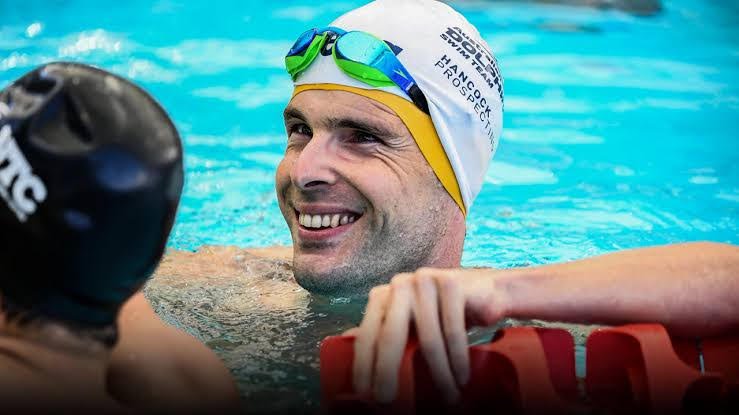

Facebook comments